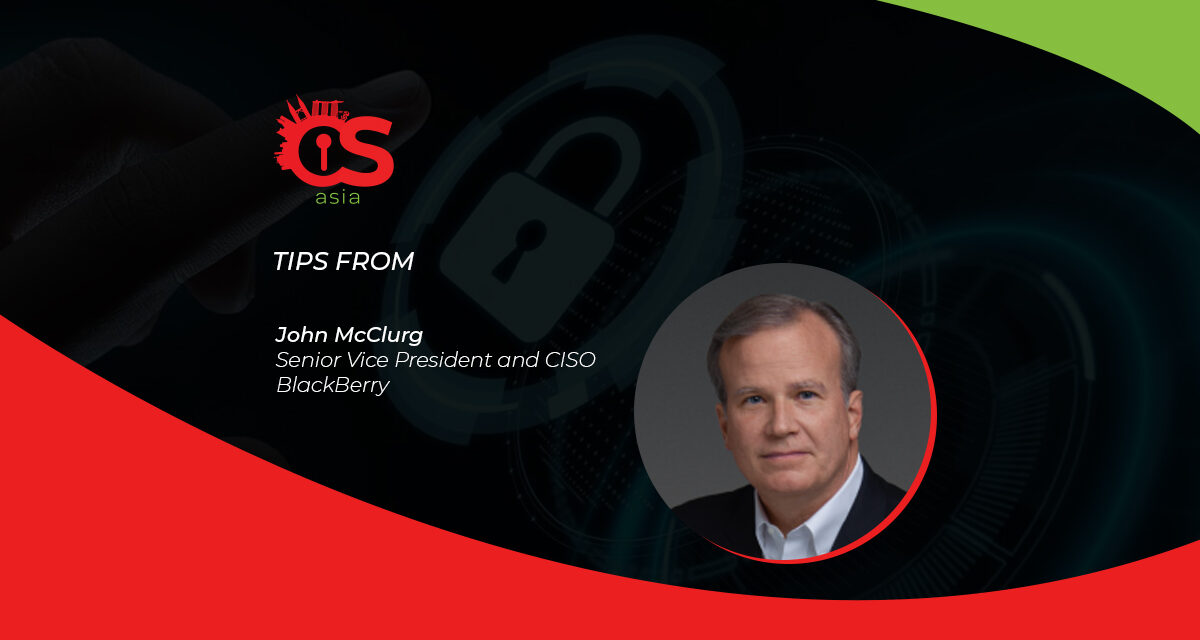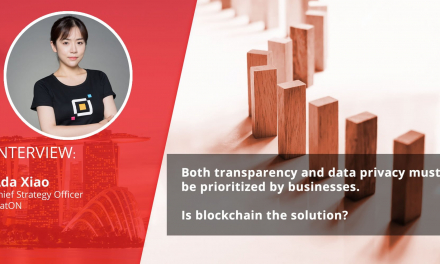One sword can slice through the most advanced encryptions; the other is slated to power connectivity across entire countries …
The current speed of technological advancement places emphasizes the importance of securing critical industries, particularly with quantum computing.
In just the past few months, security experts have witnessed the damage that hackers can cause using basic AI and machine learning.
Once these threat actors are able to leverage the massive cyber power of quantum computing and develop new attack vectors, ransomware attacks will become even more catastrophic.
One of the more controversial uses of quantum computing is its potential to break public-key cryptography. Within a few years, it is expected that security information stored by national and international intelligence agencies will be easily decrypted by a powerful quantum computer.
This will leave highly sensitive data vulnerable to threat actors, exposing huge amounts of information for widespread security breaches.
Next year, the threat landscape will be led by how quickly quantum computing will evolve. While most believe this technology is still years away from being fully applied, the cybersecurity community must start mustering resources and bringing together our brightest minds to formulate solutions that can defend against quantum computing inevitably falling into the wrong hands.
Quantum computing will undoubtedly spur rapid technological advancements across multiple industries. However, if left unchecked, the cybersecurity implications on organizations and their sensitive data will be vast and uncharted.
5G is a bull’s eye for 2022
The successor to 4G is transforming critical infrastructure in almost every industry, including the growth of cloud computing, industrial automation, and augmented reality.
As 5G continues to redefine network architecture, the cybersecurity community’s approach in securing it must change in tandem. This accelerated transformation away from hardware-based routing and towards a digitally defined world—a key component of the 5G network—will leave millions more vulnerable to cyberattacks than ever before.
Those living in smart cities powered by 5G, including London, Singapore, Dubai and more, could very likely suffer a major cyberattack in the coming year.
Also a cause for security concern is the fact that 5G is essential for powering publicly available Wi-Fi and self-driving vehicles. As critical infrastructure becomes increasingly connected in smart cities, governments and security professionals should work together to mitigate risks and ensure security is implemented throughout every planning stage.
The dissipating barrier between digital and physical, as well as the growing number of connected devices relying on this new technology, will open new doors for threat actors to strike.
Strategies to secure distributed networks must be embedded into product design and built around 5G capabilities: not the other way around.
Going forward, the cyber community must recognize and quickly address the looming responsibilities that await as 5G and IoT are implemented throughout every facet of life.










